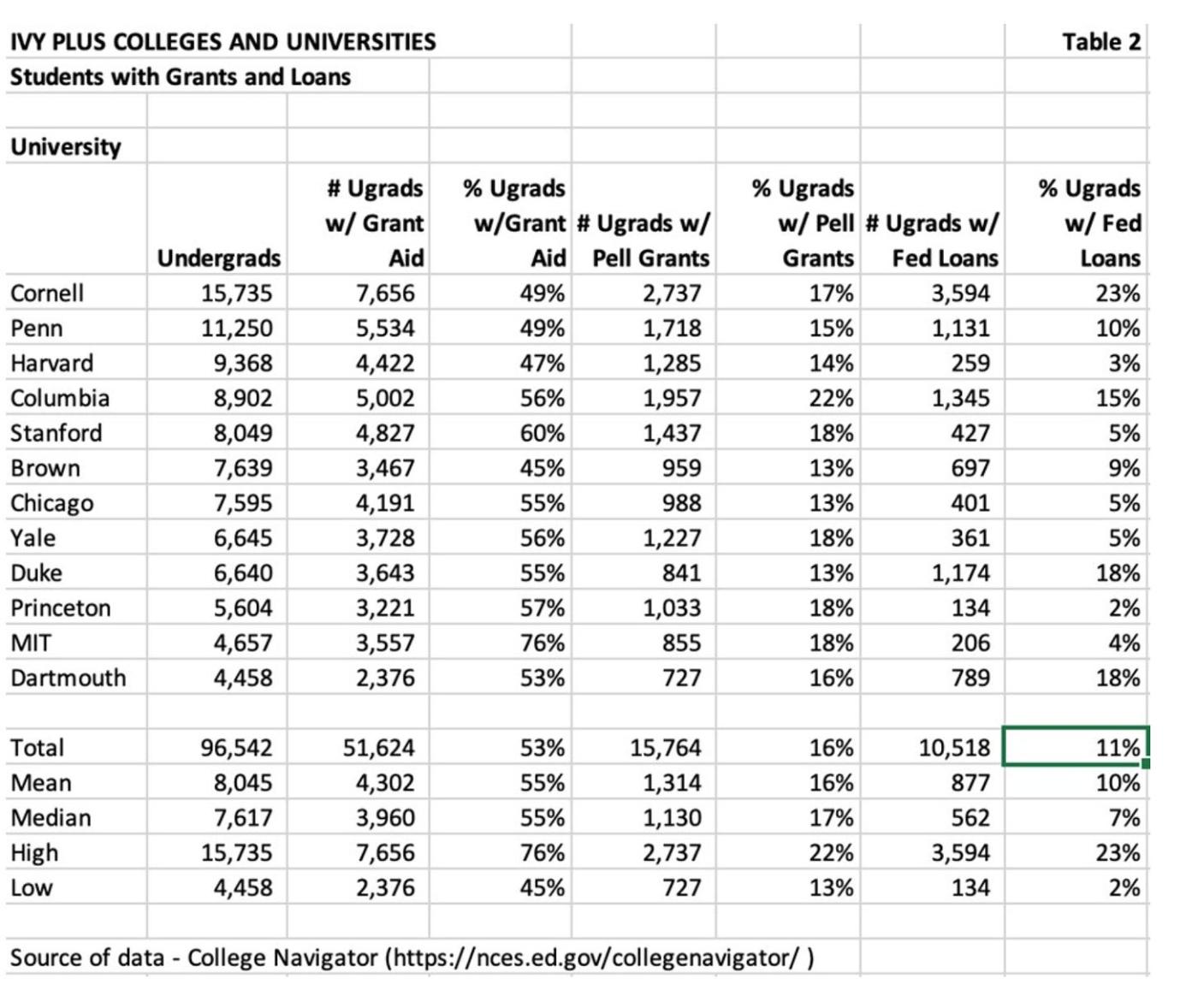I recently read the book Who Gets in and Why: A Year Inside College Admissions by Jeffrey J. Selingo. As a parent of a 7th and a 2nd grader, I am quite anxious about the college admission meat grinder my kids will be going through. Even if my kids are able to get into top Ivy plus colleges, I am not sure if the $80K a year price tag is worth it. I did a quick back of envelope calculation, the $60K a year tuition of many Ivy plus colleges basically translates to $100 per hour of instruction (assuming 15 units per semester, 20 weeks per semester and two semesters.) It’s not a one-on-one class though. Ivy League students are taking the classes with dozens if not hundreds of other students. I found this cost insane. I doubt the professors who teach a 50-person class are being paid anything near $5000 an hour. Elite college education these days is basically luxury goods with limited supply and a very high demand. I personally don’t believe education should be sold this way. These elite colleges are non-profits who are supposed to serve public interest but in reality they act like oligopolies under crony capitalism. Did I mention that 40+% of entering students at most Ivy plus colleges pay the full tuition? The argument that the ticket price for tuition is not the final price is misleading to make people believe that the actual tuition is a lot lower. It’s a fact that Ivy plus colleges admit a large percentage of students from families of top 1% income brackets. They compensate this by recruiting students from families of bottom 10% income brackets and offer them generous grants. Middle-class families are being left behind and perhaps that’s why elite colleges are the breeding grounds of extremism. Level-headed middle-class families who represent the majority of the USA are very underrepresented in these *top* colleges.
Back to the book, Mr. Selingo tried to demystify the college admission process. Let’s put aside the criteria regarding the ability to pay for a moment. The top colleges are receiving a very large number of applications so they are not able to spend a lot of time on each application. There’s no one uniform process for admission across different colleges but in general they sort the applications mostly based on GPA, course rigor and SAT/ACT test scores to start. They then spend maybe 10 minutes each reading the essays and looking into the extracurriculars of each applicant to select the finalists. After that, they go through a *shaping* process to determine who among the finalists get the admissions. The shaping process is often driven by factors outside students’ control and can be subjective. For example, some colleges want to have students from different states/countries and diverse cultural and socioeconomic backgrounds. If there are two affluent Asian students from the same high school with similar qualifications, they might end up only picking one at random because of this *shaping* process. Most schools also reserve special seats for athletes and legacy students. Some schools admit a large percentage of the students during the early decision process and this makes the admission rates for regular decision process a lot lower. It was a quite complex process and a stellar student can get unlucky and end up not getting into any top colleges. What ends up happening is that students are applying for a lot more colleges to minimize the probability of slipping through the cracks and this in turn increases the loads for the admission offices for colleges.
This book kinda makes me more anxious as a parent. At the same time, I don’t think it’s worth it for young students to work so hard to play the college admission game. It’s not a transparent process and there’s a lot of ambiguity. I am pretty sure the smart and hardworking students who go to less prestigious universities will succeed in life no matter what. Students should focus on building on their skills and on what they want to do with their life. The brand name of the college they go to really doesn’t matter that much. If they really care, they can later go to the graduate programs of the elite colleges, which are basically profit centers and are not that hard to get into.









